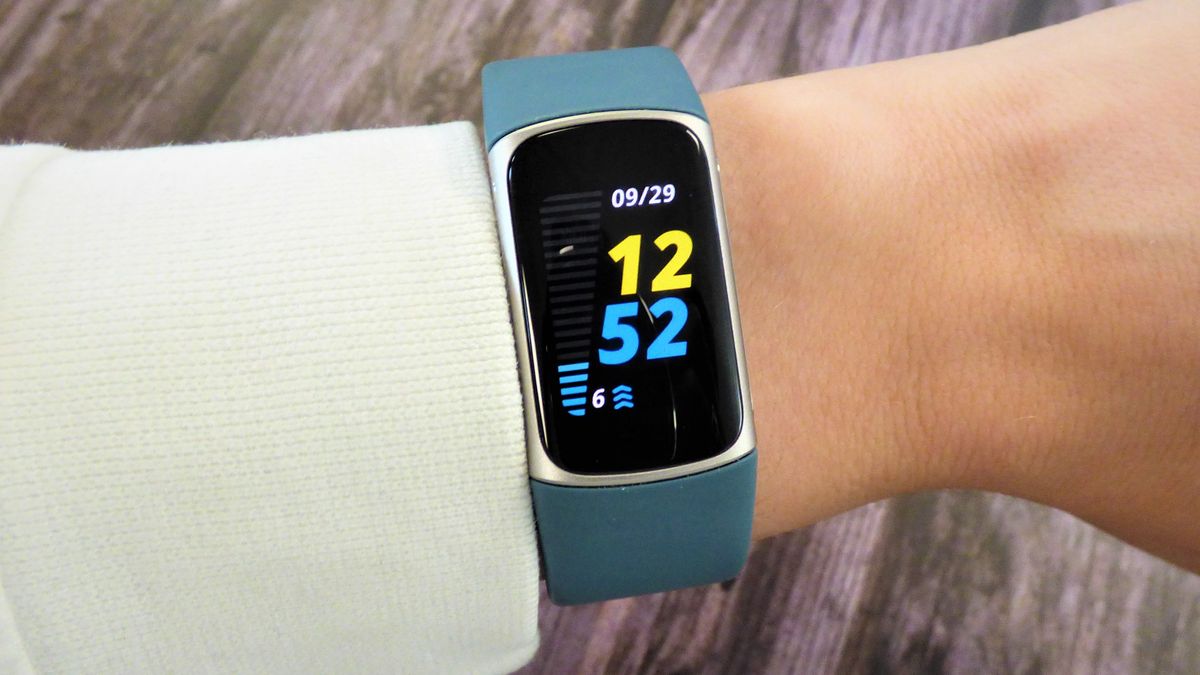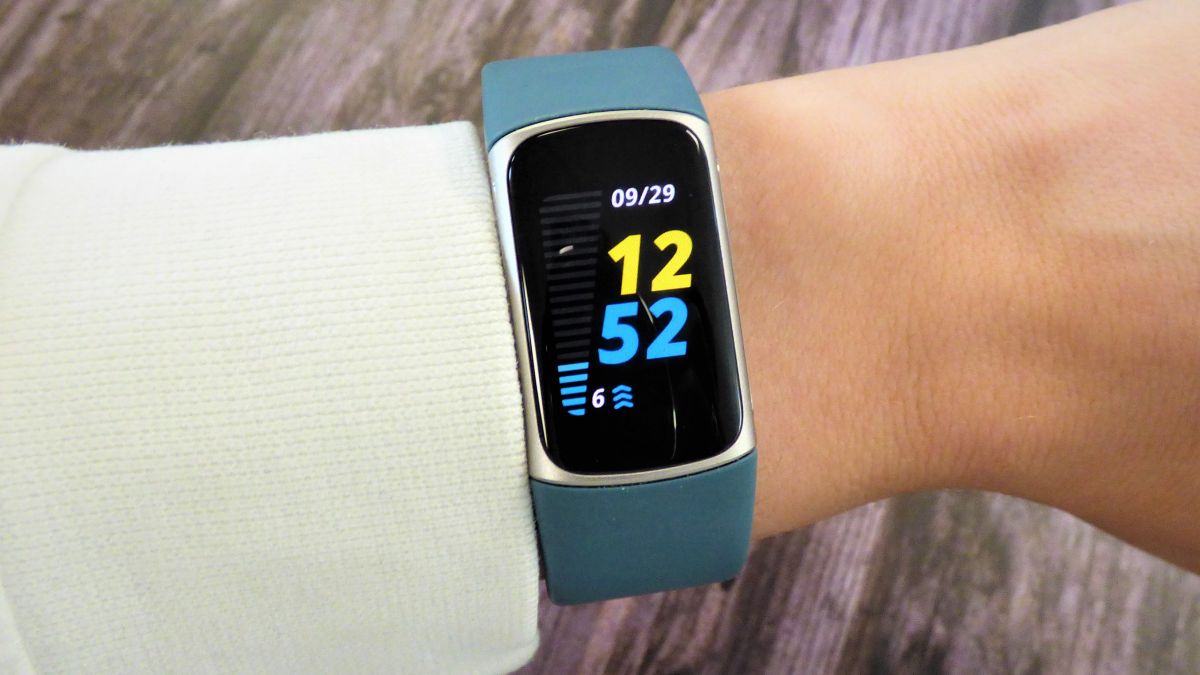
Fitbit is rolling out a major firmware update that’ll allow nine of its most recent fitness trackers to detect signs of atrial fibrillation without you having to open an app.
Atrial fibrillation (also known as A-fib) is an irregular or unusually fast heart rhythm that can be a sign of a potential health condition. Fitness trackers and smartwatches can’t diagnose a condition, but can give you a warning and produce a report that you can share with a health professional.
As 9to5Google reports, the company gained approval for passive A-fib monitoring from the US Food and Drug Administration (FDA) last month, and it’s now rolling out to devices throughout the US. Fitbit owners elsewhere will have to wait a little longer; the company will need the green light from the authorities in each country before it can launch A-Fib detection there, and timescales will vary.
The new feature is coming to almost all the devices in our roundup of the best Fitbits and many older ones too. The Fitbit Luxe, Charge 5, Charge 4, Charge 3, Versa 3, Versa 2, Versa Lite, and Inspire 2 will all receive it over the coming weeks.
What to expect
Fitbit certainly isn’t the only company whose devices can detect signs of atrial fibrillation. Apple debuted its electrocardiogram (ECG) app back in 2018, and companies including Withings, Fitbit, Samsung, and Coros have all followed suit.
What makes the new Fitbit update different is its ability to detect signs of a potential problem passively. Most smartwatches and fitness trackers can only pick up a potential problem if you sit down and initiate a scan yourself, which you may not do regularly if you feel well.
Your Fitbit won’t monitor for A-fib continuously. Instead, it’ll perform a check at regular points throughout the day, depending on when you’re resting or asleep.
The new tool will be called Irregular Heart Rhythm Notifications, so keep an eye out for it arriving on your watch soon.
